agglomeration economies, forward linkages and regional
advertisement
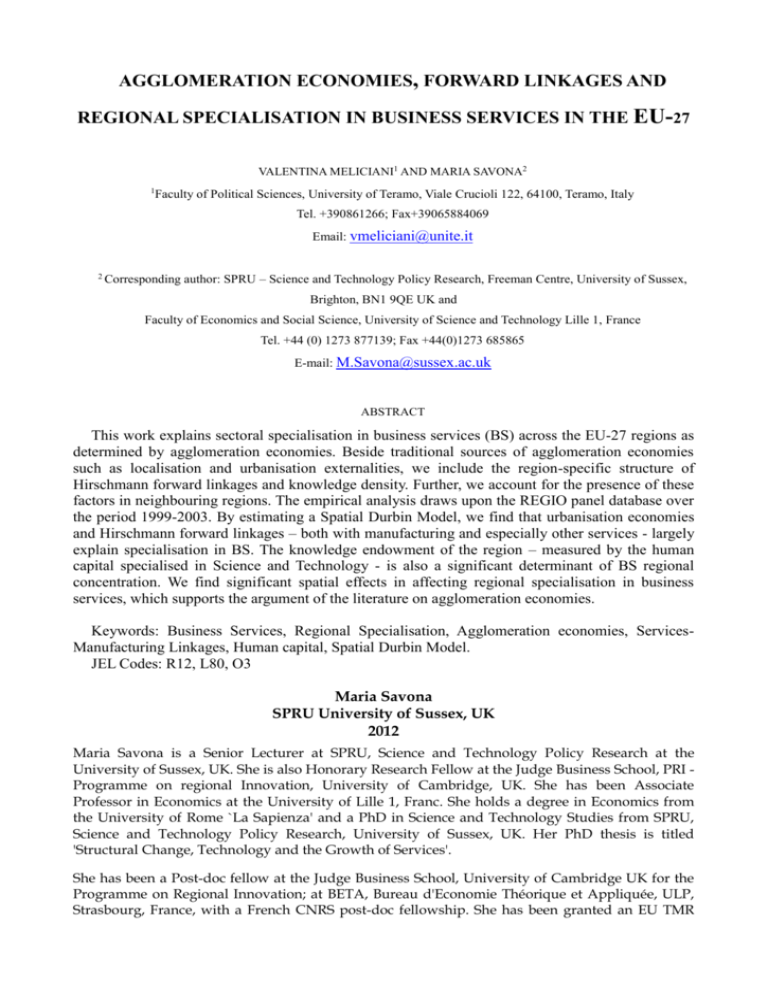
AGGLOMERATION ECONOMIES, FORWARD LINKAGES AND REGIONAL SPECIALISATION IN BUSINESS SERVICES IN THE EU-27 VALENTINA MELICIANI1 AND MARIA SAVONA2 1 Faculty of Political Sciences, University of Teramo, Viale Crucioli 122, 64100, Teramo, Italy Tel. +390861266; Fax+39065884069 Email: vmeliciani@unite.it 2 Corresponding author: SPRU – Science and Technology Policy Research, Freeman Centre, University of Sussex, Brighton, BN1 9QE UK and Faculty of Economics and Social Science, University of Science and Technology Lille 1, France Tel. +44 (0) 1273 877139; Fax +44(0)1273 685865 E-mail: M.Savona@sussex.ac.uk ABSTRACT This work explains sectoral specialisation in business services (BS) across the EU-27 regions as determined by agglomeration economies. Beside traditional sources of agglomeration economies such as localisation and urbanisation externalities, we include the region-specific structure of Hirschmann forward linkages and knowledge density. Further, we account for the presence of these factors in neighbouring regions. The empirical analysis draws upon the REGIO panel database over the period 1999-2003. By estimating a Spatial Durbin Model, we find that urbanisation economies and Hirschmann forward linkages – both with manufacturing and especially other services - largely explain specialisation in BS. The knowledge endowment of the region – measured by the human capital specialised in Science and Technology - is also a significant determinant of BS regional concentration. We find significant spatial effects in affecting regional specialisation in business services, which supports the argument of the literature on agglomeration economies. Keywords: Business Services, Regional Specialisation, Agglomeration economies, ServicesManufacturing Linkages, Human capital, Spatial Durbin Model. JEL Codes: R12, L80, O3 Maria Savona SPRU University of Sussex, UK 2012 Maria Savona is a Senior Lecturer at SPRU, Science and Technology Policy Research at the University of Sussex, UK. She is also Honorary Research Fellow at the Judge Business School, PRI Programme on regional Innovation, University of Cambridge, UK. She has been Associate Professor in Economics at the University of Lille 1, Franc. She holds a degree in Economics from the University of Rome `La Sapienza' and a PhD in Science and Technology Studies from SPRU, Science and Technology Policy Research, University of Sussex, UK. Her PhD thesis is titled 'Structural Change, Technology and the Growth of Services'. She has been a Post-doc fellow at the Judge Business School, University of Cambridge UK for the Programme on Regional Innovation; at BETA, Bureau d'Economie Théorique et Appliquée, ULP, Strasbourg, France, with a French CNRS post-doc fellowship. She has been granted an EU TMR Marie Curie fellowship for a PhD programme at SPRU; an Italian CNR fellowship for a visiting at the University of Reading, UK. She has been involved in several European Research Projects (ServPPin, The Contribution of Public and Private Services to European Growth and Welfare, and the Role of Public-Private Innovation Networks, within EU FP7; AITEG, Assessing the Economic Impact of Technological Change and Globalisation, within FP5 and SIEPI, The Structure of European Innovation and Economic Indicators, within FP6). She has also been involved in EU funded DIME (Dynamics of Innovation and Markets in Europe) RAL3 (Historical, Economic and Policy Studies of Technical Change. A Conference in Honour of Nick von Tunzelmann); DIME RAL3 (An evolutionary approach to development and institutions: an application to technological change in the agro-food sector); DIUS (Absorptive capacity and innovation across the UK regions) and NESTA (The Hidden Innovation in services) funded projects. She has collaborated with the Italian and French National Research Council, the University of Rome `La Sapienza', Max Planck Institute of Economics, the University of Lille 1. Her research interests span an array of sub-disciplines within economics and industrial economics at different level of analysis: Macro-level: sectoral structural change and economic growth, economics of innovation and technological change; Meso-level: sectoral and spatial concentration of innovative activities; regional economics (regional and local patterns of innovation, regional growth differentials); Micro-level: micro-economics of innovation (incentives, strategies, obstacles and economic impact of innovation); economics of knowledge (university-industry links and firms’ absorptive capacity). Maria Savona http://www.sussex.ac.uk/spru/people/peoplelists/person/100780
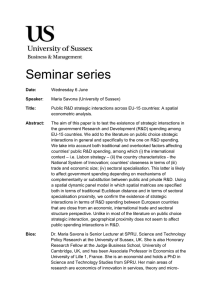
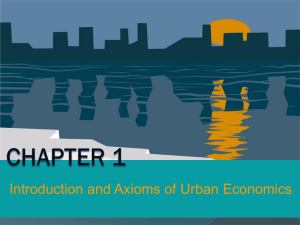
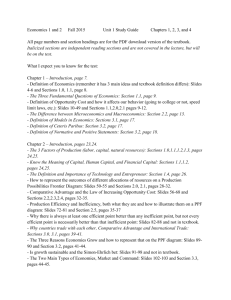






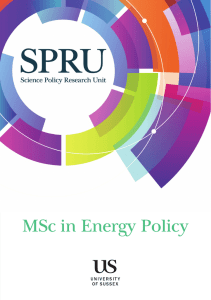
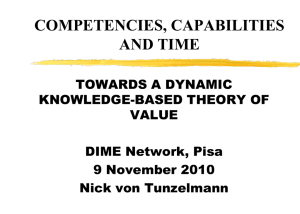
![Science Ajar: PowerPoint presentation [PPTX 17.33MB]](http://s2.studylib.net/store/data/015014990_1-0bc759a31ae2aea6ef5c7dc9b92481c2-300x300.png)